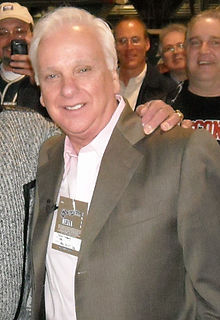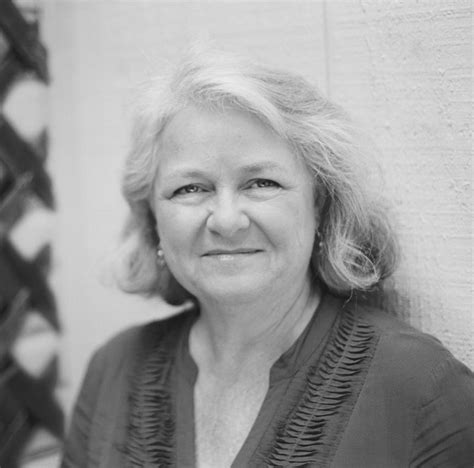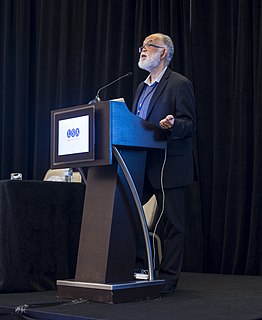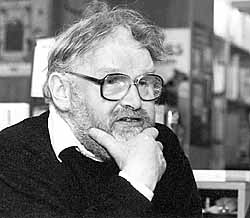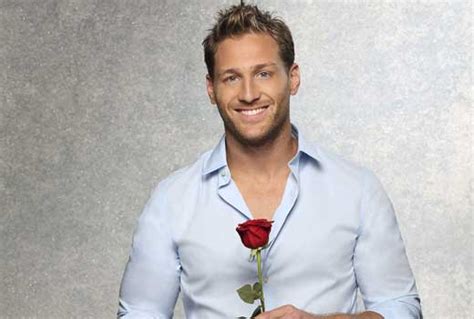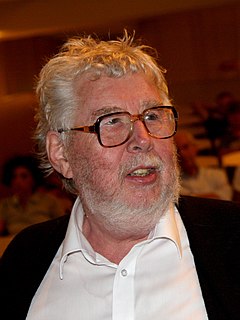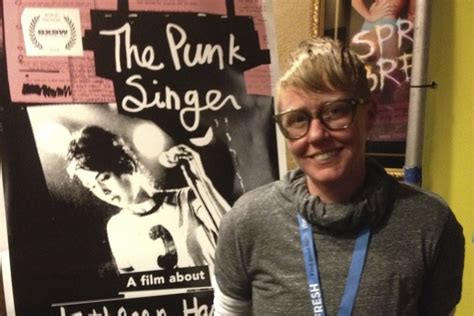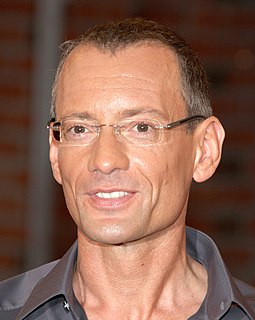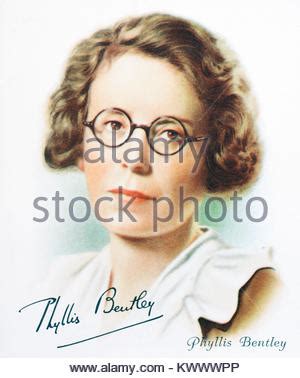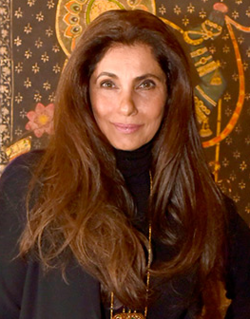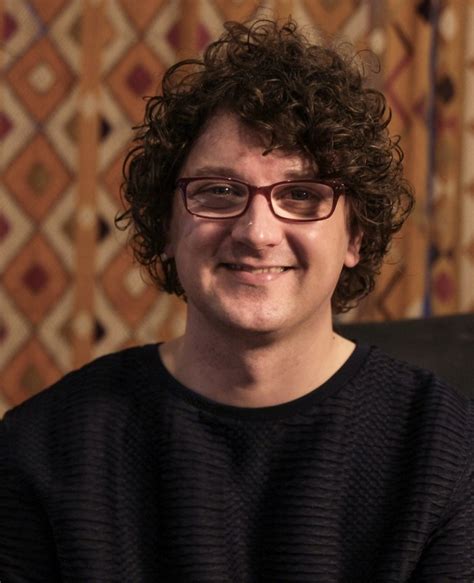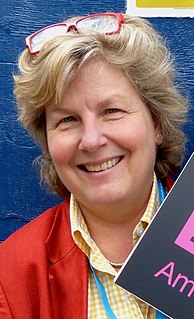Top 1200 English Words Quotes & Sayings - Page 3
Explore popular English Words quotes.
Last updated on November 25, 2024.
English has always been my musical language. When I started writing songs when I was 13 or 14, I started writing in English because it's the language in between. I speak Finnish, I speak French, so I'll write songs in English because that's the music I listen to. I learned so much poetry and the poetic way of expressing myself is in English.
I have a funny story to tell about English and how I came to fall in love with the language. I was desperate to fit in and spoke English all the time. Trouble was, in my household it was a no-no to speak English because somehow it is disrespectful to call parents and grandparents "you" - impersonal pronouns are offensive in Vietnamese.
I don't find English restrictive, but it brings a level of discipline to my writing that I wouldn't have in Bulgarian. My control of English, however you define it, my ability to work in English, is more limited than in Bulgarian. That means out of necessity I have to develop a style that goes for clarity of expression which I may not have done otherwise.
On the one hand, there is no question that English - frequently bad English - has become the universal language of scholarship. It is clearly a tremendous handicap for people outside of the United States, Britain, and Australia and a few other countries because few of them are native speakers, but we demand that they present and publish in English.
I draw because words are too unpredictable. I draw because words are too limited. If you speak and write in English, or Spanish, or Chinese, or any other language, then only a certain percentage of human beings will get your meaning. But when you draw a picture everybody can understand it. If I draw a cartoon of a flower, then every man, woman, and child in the world can look at it and say, "That's a flower.
We were doing the same thing. We will never have "a" Chicano English or Spanish because of regional differences. But I think that because of our bilingual history, we'll always be speaking a special kind of English and Spanish. What we do have to do is fight for the right to use those two languages in the way that it serves us. Nuevo-mexicanos have done it very well for hundreds of years, inventing words where they don't have them. I think the future of our language is where we claim our bilingualism for its utility.
The most powerful words in English are 'Tell me a story,' words that are intimately related to the complexity of history, the origins of language, the continuity of the species, the taproot of our humanity, our singularity, and art itself. I was born into the century in which novels lost their stories, poems their rhymes, paintings their form, and music its beauty, but that does not mean I had to like that trend or go along with it. I fight against these movements with every book I write.
Part of what makes a language 'alive' is its constant evolution. I would hate to think Britain would ever emulate France, where they actually have a learned faculty whose job it is to attempt to prevent the incursion of foreign words into the language. I love editing Harry with Arthur Levine, my American editor-the differences between 'British English' (of which there must be at least 200 versions) and 'American English' (ditto!) are a source of constant interest and amusement to me.
Some stories I write in Swedish, some in English. Short stories I've almost exclusively written in English lately, mostly because there's such a small market for them in Sweden and it doesn't really pay either. So, the translation goes both ways. What also factors in is that I have a different voice in English, which means that a straight translation wouldn't be the same as if I'd written it in English originally.
At every point I wished that I was born English. They need to make it colder in here. You could hang meat in this room. But, yeah...I grew up in a very English household. My folks were from Liverpool. I've said this before, but there is nothing more English than an Englishman that no longer lives in England.
I have a funny relationship to language. When I came to California when I was three I spoke Urdu fluently and I didn't speak a word of English. Within a few months I lost all my Urdu and spoke only English and then I learned Urdu all over again when I was nine. Urdu is my first language but it's not as good as my English and it's sort of become my third language. English is my best language but was the second language I learned.
Words outlive people, institutions, civilizations. Words spur images, associations, memories, inspirations and synapse pulsations. Words send off physical resonations of thought into the nethersphere. Words hurt, soothe, inspire, demean, demand, incite, pacify, teach, romance, pervert, unite, divide. Words be powerful.
Well, English is no problem for me because I am actually English. My whole family are English; I was brought up listening to various forms of the English accent. Obviously there are more specific ones that get a little bit tricky. Same with American stuff. But because in Australia we're so inundated with American culture, television, this that and the other, everyone in Australia can do an American accent. It's just second nature.
Rebecca was an academic star. Her new book was on the phenomenon of word casings, a term she'd invented for words that no longer had meaning outside quotation marks. English was full of these empty words--"friend" and "real" and "story" and "change"--words that had been shucked of their meanings and reduced to husks. Some, like "identity" and "search" and "cloud," had clearly been drained of life by their Web usage. With others, the reasons were more complex; how had "American" become an ironic term? How had "democracy" come to be used in an arch, mocking way?
He would not mind hearing Petrus's story one day. But preferably not reduced to English. More and more he is convinced that English is an unfit medium for the truth of South Africa. Stretches of English code whole sentences long have thickened, lost their articulations, their articulateness, their articulatedness. Like a dinosaur expiring and settling in the mud, the language has stiffened. Pressed into the mold of English, Petrus's story would come out arthritic, bygone"(117).





